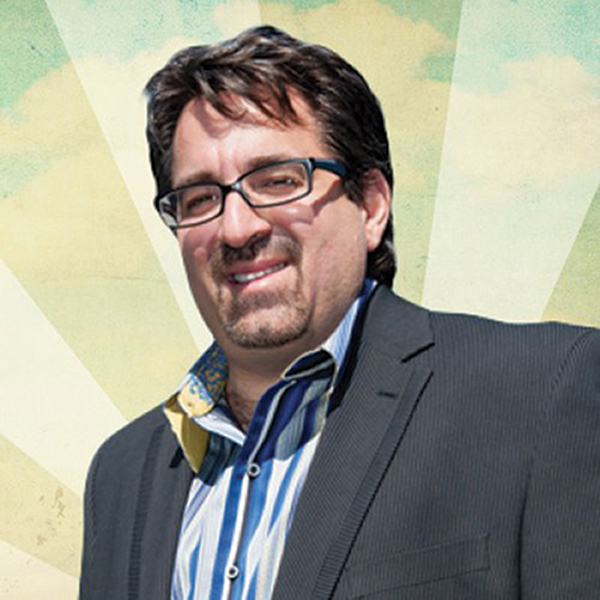 Mike Sperduti, CEO and founder, Emerge Sales
Mike Sperduti, CEO and founder, Emerge SalesHC: What is your perspective on the recent evolution of the HME industry? MS: If you look at the HME industry from an objective point of view or from the tax payer’s point of view, HME is lumped in with all of health care. The cost of providing health care to all citizens was out of line and unsustainable. The reality that no one wants to talk about is that the profits providers were making were ridiculous and needed to be addressed. This shouldn’t come as a shock to HME providers who referred to the toilet as the “golden commode.” As tax payers and as a society, we needed to bring the cost down. What the government is trying to do makes sense. We need to find a way to reduce costs and provide care at an affordable level. Don’t get me wrong; I think competitive bidding is flawed in many areas, but as a whole, the evolution needed to happen and is a step in the right direction for our country. Although competitive bidding in its present form isn’t ideal, I have clients who have won in their respective areas and are doing very, very well. They have strong operating plans and highly skilled and trained teams that are executing their plans. Yes, people are making money in this environment. However, that possibility only exists for the strong, which is evolution. We are also seeing the small providers who lost in competitive bidding doing well now by reinventing their business models to cash pay and other niche services. I think the industry had to evolve, it is evolving and the strong will survive. HC: So, what does this new generation of HME companies look like? MS: I believe the next generation of HME companies will need to choose one of two different models to be successful. The first is to go big. If you choose this model that includes government pay reimbursement, you are going to have to do a lot of business by amassing a large number of patients in order to thrive on the thin margins as well as “upcare” (upsell) patients and referral sources to maximize per-patient revenue. These businesses need great leaders who can execute a predictable and repeatable profit model with outstanding operating processes and strong financial controls heavily leveraging technology. The second way to make it is to go niche. With the aging population and wealth in this country, providers who choose this model need to be nimble and focus on niche products/services with an emphasis on cash pay products and services that are outside the government spectrum. Our country is rich, and we love the best that we can afford. We will be living longer and in need of HME supplies and services that Uncle Sam will not provide. Providers will take advantage of the shift and change in health care by capitalizing on the fact that Americans are going to be paying for health care more and more out of pocket. This requires a leadership and operating team that has a retail and direct-to-consumer skill set. Either you go big or go niche. Both have enormous potential and will make many new HME millionaires. HC: What does the future hold? Who will make it? MS: It is out with the old and in with the new. There are a lot of folks out there that, frankly, don’t have the business skills to make it today. The only reason they made it before was because the margins were so high that anyone could be successful. Today the game is different, it’s harder and only skilled, competent folks will thrive. This goes for everyone—owners, salespeople, clinicians, intake, etc. It’s time for a new generation of HME. Peter Drucker, the father of business consulting, expressed this point best. He said, “Because the purpose of business is to create a customer, the business enterprise has two—and only two—basic functions: marketing and innovation. Marketing and innovation produce results; all the rest are costs. Marketing is the distinguishing, unique function of the business.” The providers who are going to make it in the future must master innovators and marketers. This new generation will not be saddled with old business methods and old ways of thinking. We are flexible to a changing industry and, regardless of our ages, we are young in the way we approach business.
